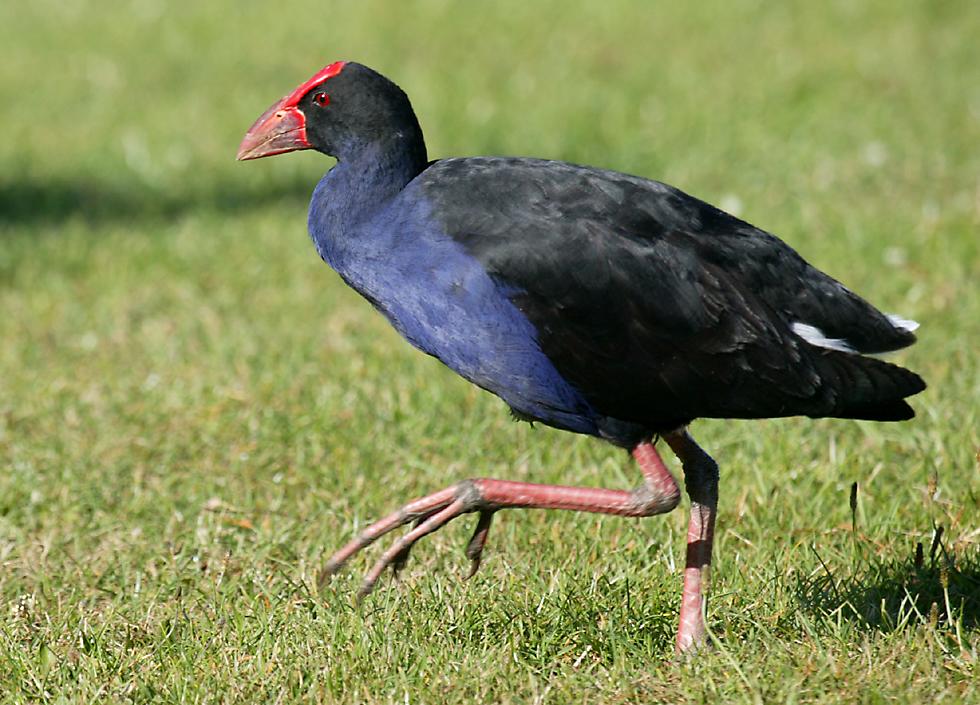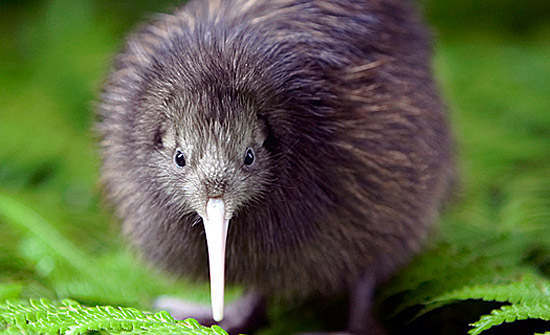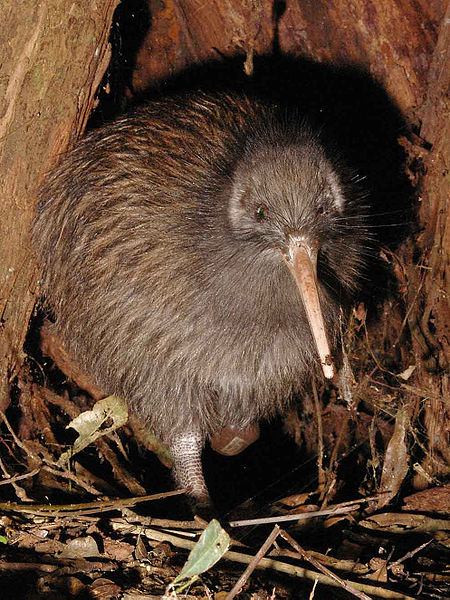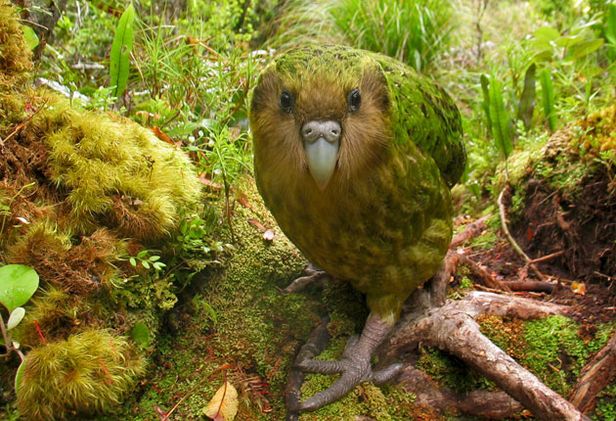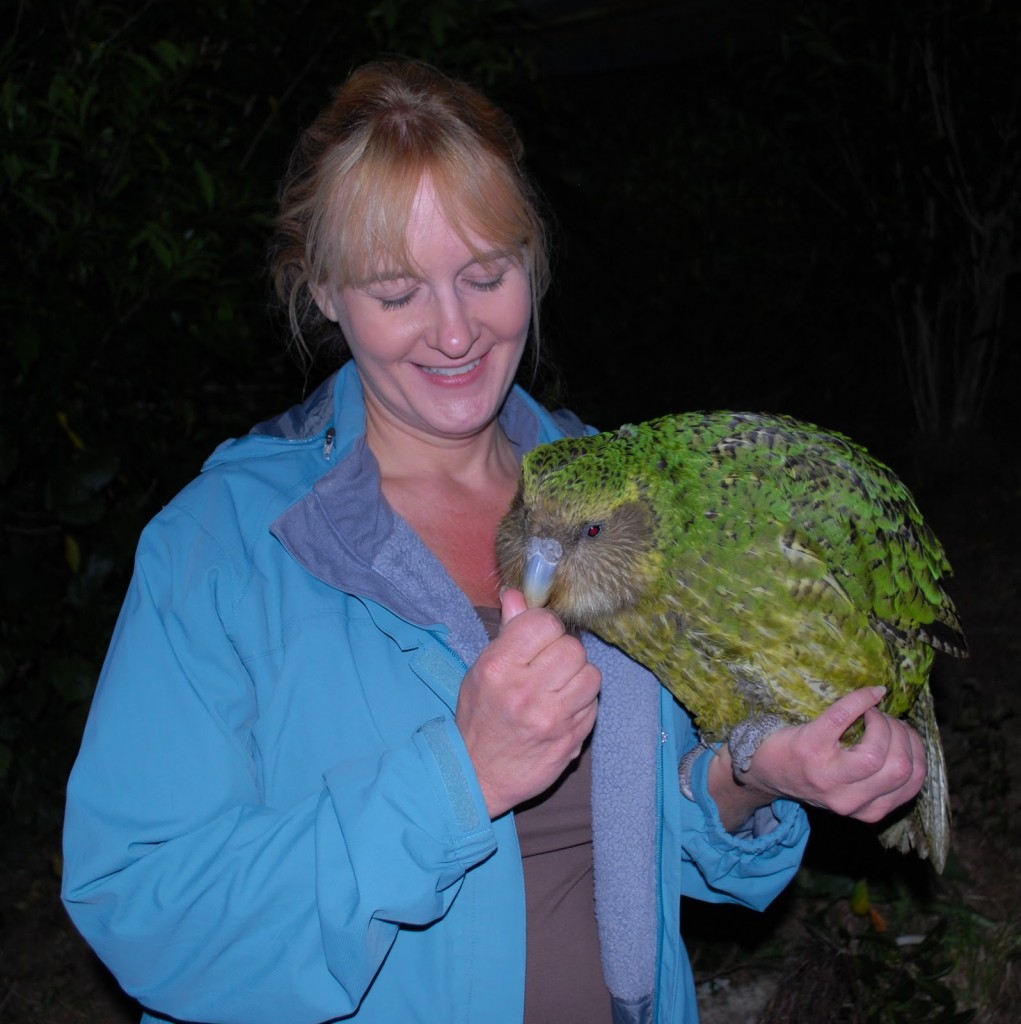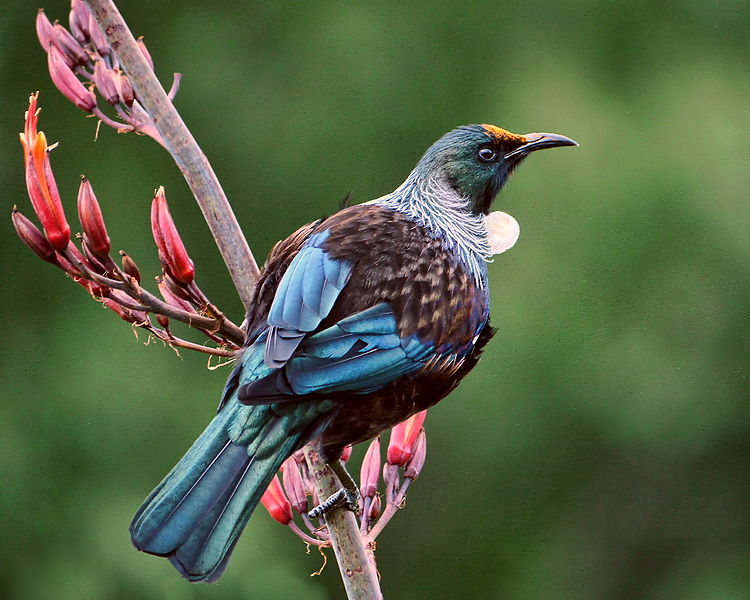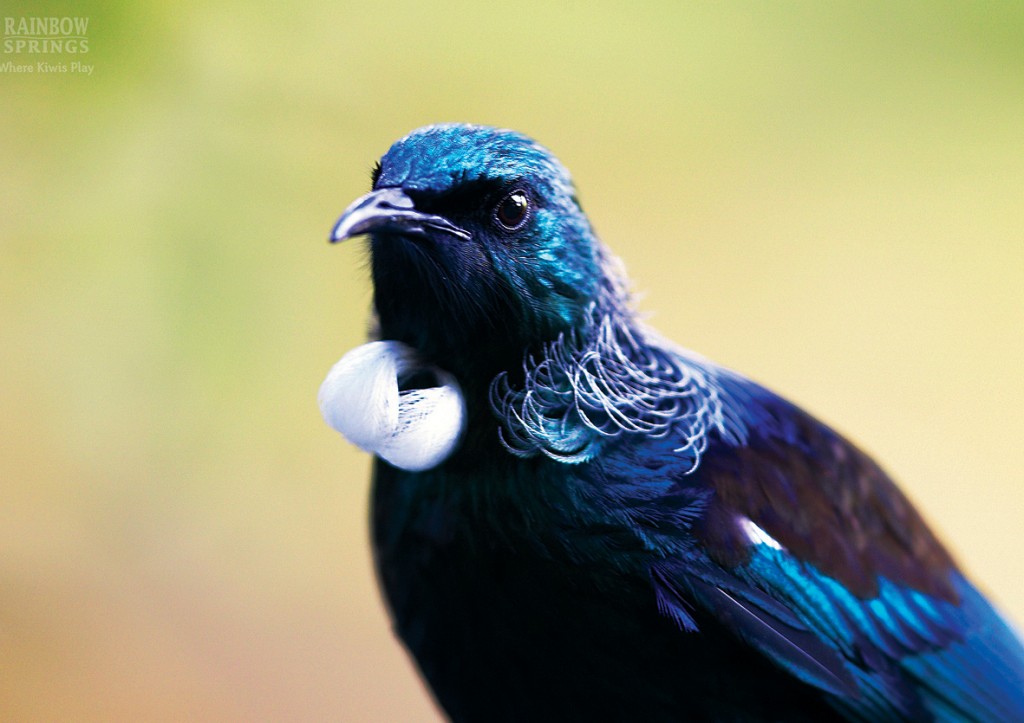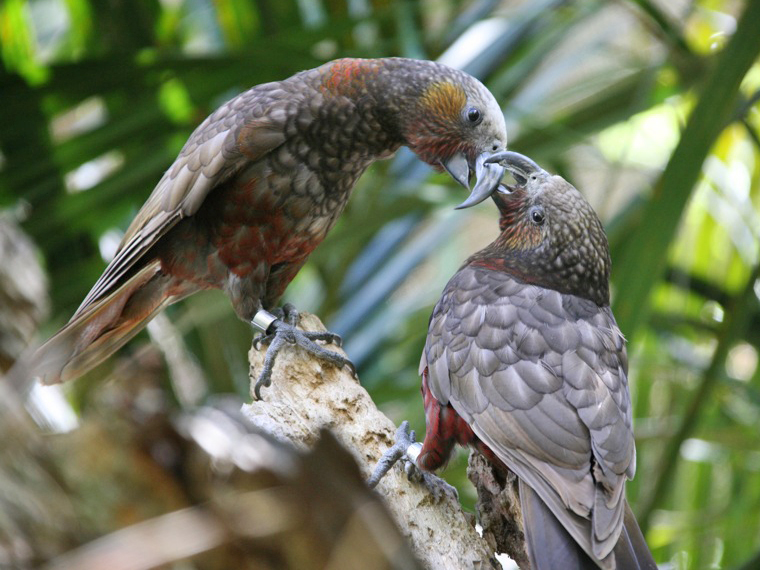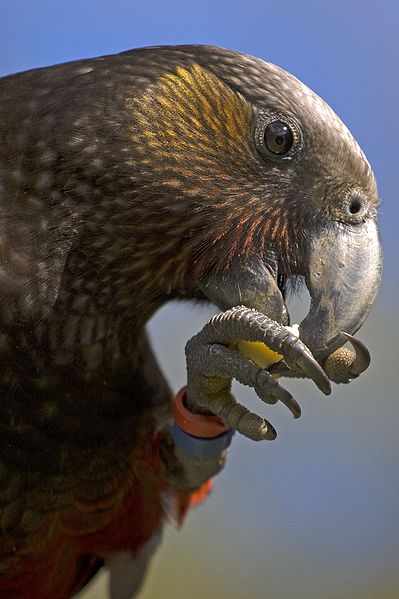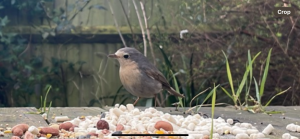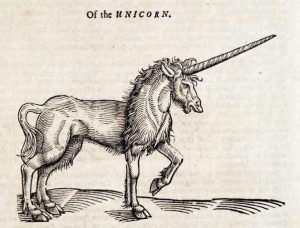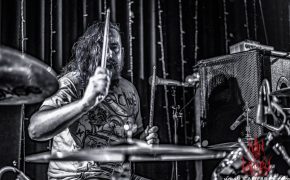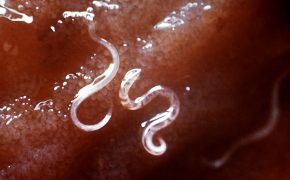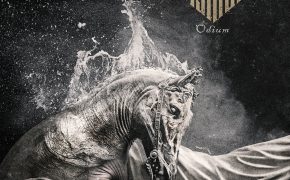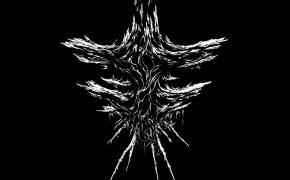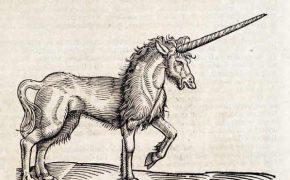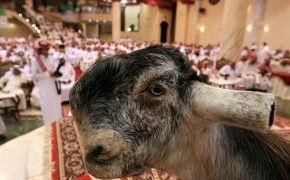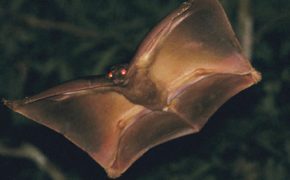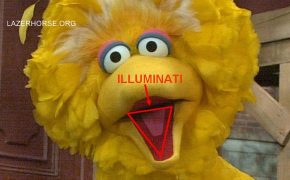The Bird Life Of New Zealand
New Zealand’s bird life is particularly odd. Because the islands have been separated from the rest of the world by oodles of sea for lashings of time, evolution took them to a strange place.
New Zealand had no indigenous mammals (other than three species of bat), which meant that birds had no one to fear. This safety that was afforded to them meant that flightless birds evolved and took up niches normally given to small ground mammals. Scrabbling around on a forest floor is normally pretty risky for a bird, but without rats, stoats, minks, wolves or foxes they had a whale of a time.
Like so many other places on this earth we’ve been lucky enough to inhabit, humans have mucked it up for them. First off we hunted to extinction the mighty moa, a huge 12 ft tall flightless bird. The moa were the Haast’s eagle’s main food source, so this eagle (the biggest eagle to have ever existed) also died out.
Next, us humans brought over rats, cats, pigs stoats and dogs and then possums. All of these new animals made a more than substantial dent in the previously trouble free bird population. Naughty humans.
Here’s four of the stranger inhabitants of the NZ islands…
Kiwi
The kiwi has to be in the short list. Everyone’s familiar with this odd character. The kiwi is a nocturnal and flightless relative of the ostrich and emu and is now endangered. Of the five surviving species, one is critically endangered and the others are pretty screwed.
The kiwi’s beak is quite soft and very sensitive. Oddly, its nostrils are right on the end of its beak, which is unlike any other species of bird in the world. Their sense of smell is excellent which is also unusual among birds.
Kakapo
The kakapo, or owl parrot, is the heaviest parrot and the only flightless parrot in the world. Not a bad start. Due to being pretty big but unable to fly it has been decimated by introduced mammals.
The kakapo is nocturnal and possibly one of the longest living birds in the world. Despite their ability to live a long time there may now be as few as 130 left alive in the world.
Tui
At first glance it looks like a fairly standard bird, but like most bird life in New Zealand there’s something weird going on. It’s got a couple of white fluffy balls hanging off its throat.
The tui are pretty aggressive animals and will quite happily gang together and see off predatory birds that are much bigger than them. They have very complex calls and can imitate humans much like parrots.
Kaka
This rather dowdy looking parrot is of ancient origin. Because of its relative isolation from the rest of nature, it has retained a lot of its ancient characteristics. There are four species in total, all thought to have developed from a common ancestor.
As cavity nesters they’ve been singled out by stoats and possums and the population has taken a massive hit.
Although a lot of conservation work is being done in New Zealand to aid the survival of these rare creatures, there’s a worry that it may have come too late.

